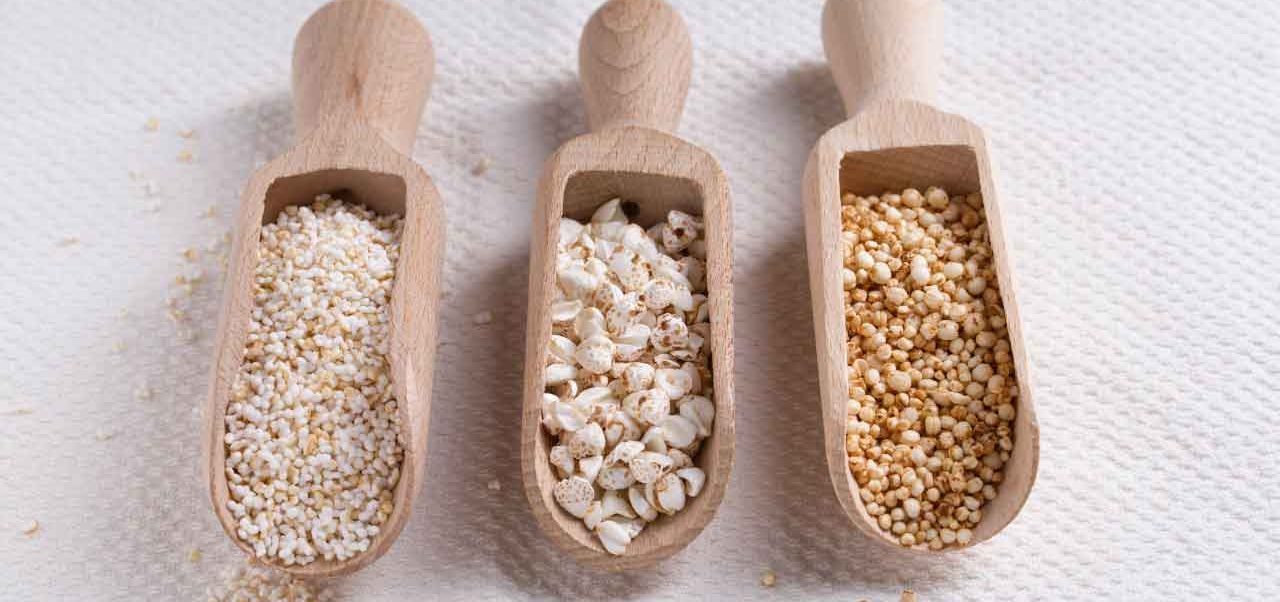Is Gluten-Free Healthy?

It’s easy to find gluten-free desserts and snacks, and bad advice about avoiding wheat, which provides fiber. But is eating gluten-free healthy?
I was told to go gluten-free 10 years ago, by a doctor, so in my case the diet isn’t a fad. My symptoms are all the evidence I need. If I eat gluten, a protein in wheat, rye, and barley, I feel it in my intestines.
As more people adopt my once-strange restriction, special products have become available. Where I live, in New York City, most restaurants with lots of pasta on the menu offer gluten-free pasta. It’s easy to find gluten-free desserts and snacks in health food stores. At potlucks, people bring dishes with notes that label them gluten-free. I had dessert at a group meal at Thanksgiving!
But all these new products have exposed me to more temptation to eat pasta, dessert, and snacks, which hasn’t been good for my waistline.
YOU MIGHT ALSO LIKE: Is the Gluten-Free Diet Just Another Fad?
Is gluten-free healthy?
A tiny amount of gluten — one small crouton — can trigger an intestinal immune reaction in people with celiac disease. Over time, those reactions damage your small intestine, interfering with how well you absorb the nutrients in food and can lead to serious illness, including nerve damage. Blood tests that find antibodies against the protein tissue transglutaminase can identify celiac disease, followed by a biopsy of the intestine. You can also have gluten sensitivity, which generates similar symptoms — abdominal pain, diarrhea, and bloating are the most obvious. One theory, backed by research, is that in people with gluten sensitivity gluten triggers a different, more general immune response. The problem may affect about 1 percent of the population, about the same number of people who have celiac. Yet estimates are that up to a third of the population is trying to avoid gluten.
To go gluten-free, you need to give up standard grain products, including beer. But there’s gluten in soy sauce, supplements, “natural flavorings,” and all kinds of products. You’ll have to look at a lot of labels and generally avoid processed food to go gluten-free.
If you are sensitive to gluten but don’t have celiac disease, you might try a sour-dough bread from a local baker — or bake it yourself. Sour-dough bread is fermented, traditionally by yeast in the air, which eventually grow bacteria that is good for digestion. The fermentation can break down the peptides in gluten that cause trouble.
You may not need to eat gluten-free
You may hear or read that everyone should stay away from gluten. However, if you really don’t have celiac or gluten sensitivity, avoiding all wheat could actually be bad for you if you don’t make sure your diet is balanced. Remember that wheat is a major source of B vitamins and fiber for many people. You’ll need to make sure you get fiber from fruit, vegetables, beans, and safe grains — quinoa and brown rice are most common.
Don’t falI for the Paleo diet idea that you’ll be eating more like your ancestors if you go gluten-free and load up on meat. There’s evidence that we’ve actually been eating the early grass versions of wheat and barley longer than we’ve been eating meat.
A study of more than 100,000 men and women by researchers at Columbia University Medical Center and Massachusetts General Hospital/Harvard Medical School concluded that there was no link between eating gluten and your risk of heart attack. The team plans to study the effect of gluten on cancer and autoimmune disease.
Updated:
April 09, 2020
Reviewed By:
Janet O’Dell, RN